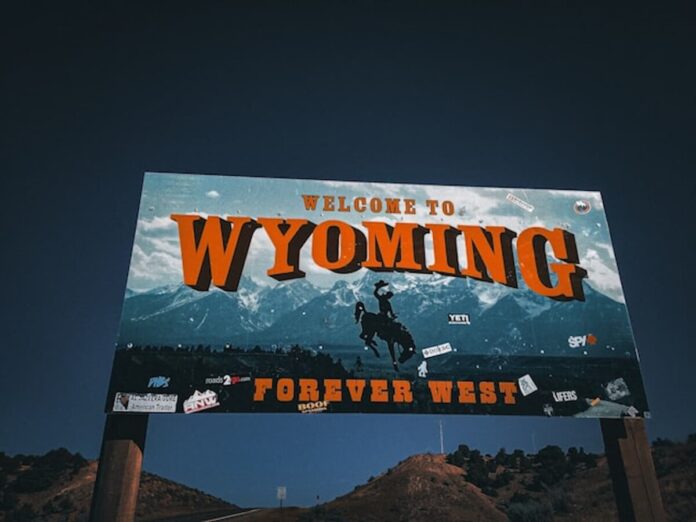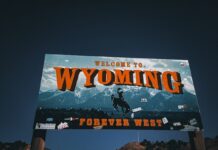
A legislative committee in Wyoming has proposed to double the state’s sports betting tax from 10% to 20%.
In addition, the Select Committee on Capital Financing & Investments plans to increase taxes on skill-based gaming from 20% to 25% and horse wagering from 1.5% to 2.5%.
Committee Chair Tara Nethercott believes the state has been too generous to betting companies and wants some payback for the state.
She commented, “I think the state of Wyoming has been quite generous to the players in this space, giving them almost exclusive access to the market, in a proliferated rate, having infiltrated every block of all our communities.”
She added, “As the industry has grown exponentially in recent years, Wyoming needs to establish enhanced oversight and revenues to match the growing needs from impacts in our communities.”
According to the Cowboy State Daily, Wyoming collected $24.9 million in gambling taxes from 16 companies in 2024. The average tax rate on sports betting across the US is 19%, so the hike to 20% would be in line with many other areas.
Tax Hikes Will Hurt Small Wyoming Businesses, Say Critics
Opponents argue that the tax hike, particularly the increase on skill games, will harm small businesses. Vendors are allowed no more than four machines in licensed locations, and Jonathan Downing, who represents Cowboy Skill LLC, opposes the rise.
He commented, “If the Wyoming Legislature passes this tax increase, it would make Wyoming’s tax rate (on these games) one of the highest in the country.”
Other states have more modest taxes on skill games, such as Nebraska, which sets a rate of 5%, and Washington, which sets a rate of 2%.
However, other states have been proposing higher rates; for example, Pennsylvania’s governor has suggested a rate of 52%, just below the state’s tax rate on slot machines.
Wyoming does not allow legal online casinos after a proposal to legalize the platforms failed to gain support earlier this year.
Sports Betting Alliance warns against tax increase
Similarly, the Sports Betting Alliance (SBA), a lobby group consisting of the country’s leading sportsbooks, opposed the proposal to double the tax rate.
Nathan Clark, a spokesman for the SBA, commented: “Customers in states that have raised sports betting taxes wind up with a more costly sports betting experience — from worse promotions to decreased payouts.”
“These type of changes also make legal sports betting products less able to compete against illegal and offshore sports betting operators that pay zero in taxes but are widely available online to bettors in Wyoming,” he continued.
Wyoming’s proposal of a 20% tax is relatively standard across the country, but other states have been pushing the rates higher and higher.
The country’s biggest sports betting market, New York, has the joint-highest rate, at 51%. Meanwhile, a move in Illinois to tax every bet at $0.25 or $0.50 for larger operators was met with strong opposition from the SBA.
The group called the new tax “discriminatory, punitive, and constitutionally suspect.” In response, SBA members FanDuel and DraftKings have both introduced betting surcharges of $0.50 per bet for Illinois bettors.
In addition to the tax on sports betting revenue, the Wyoming Gaming Commission charges a $100,000 permit fee for an initial sports wagering operator permit.
Permits and renewals are valid for five years, after which the commission charges $50,000 for a renewal.







